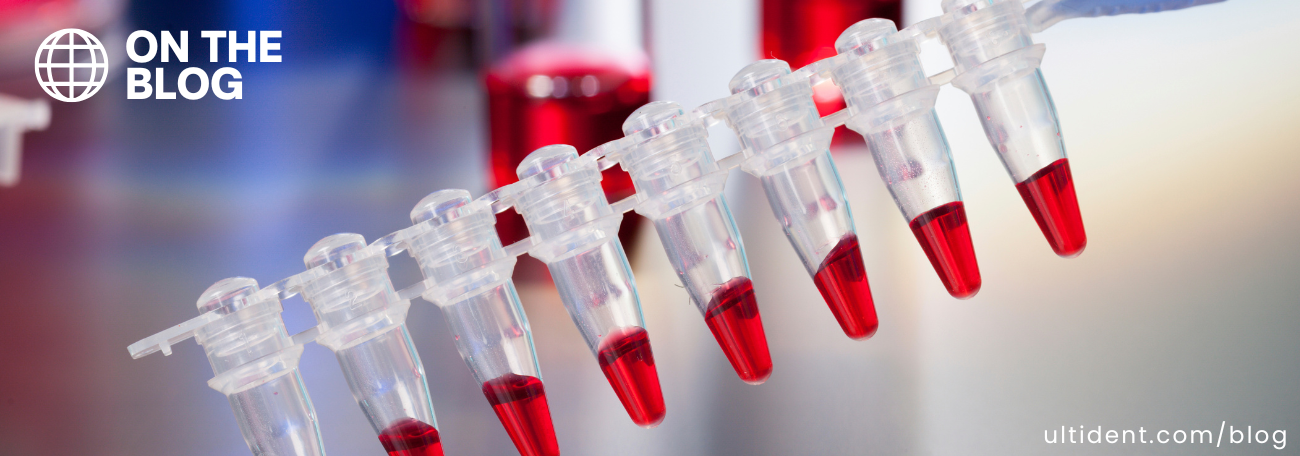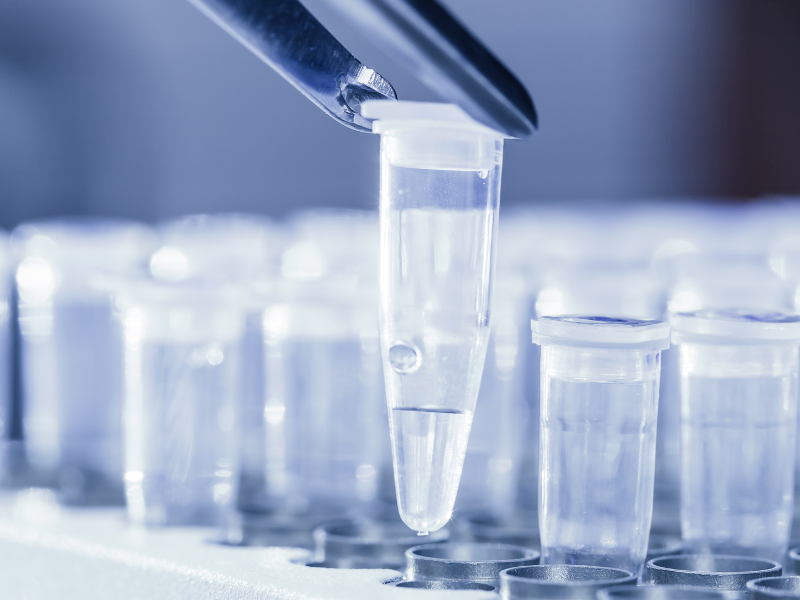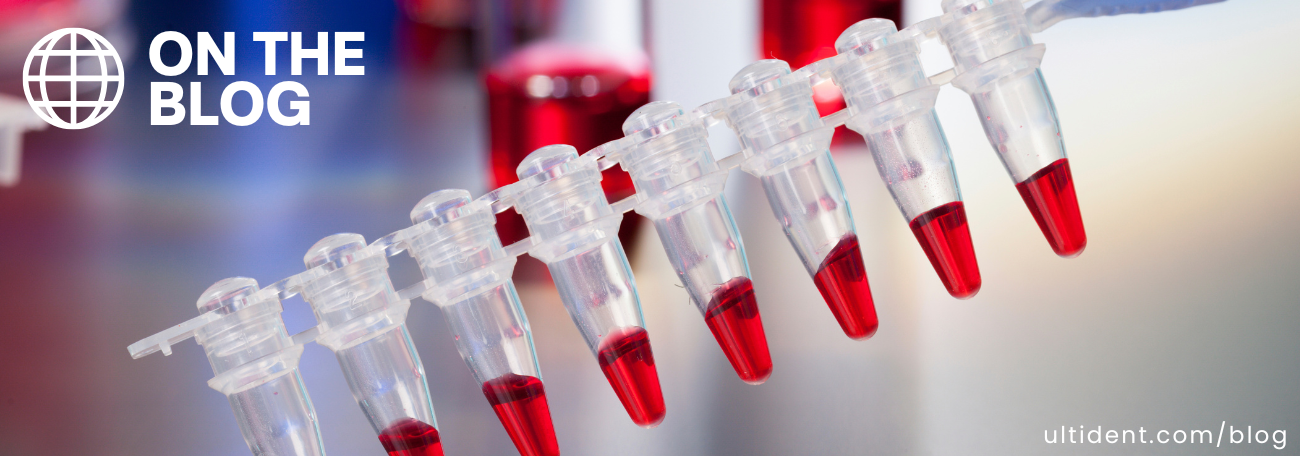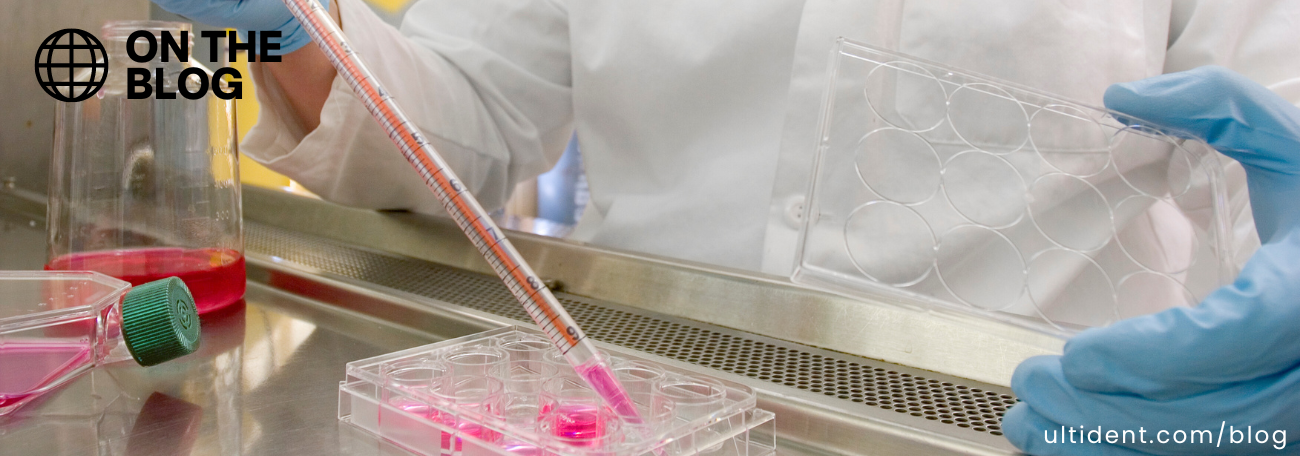Precision in PCR: Why Materials Make the Difference


Precision in PCR: Why Materials Make the Difference
In the lab, the success of PCR (polymerase chain reaction) experiments depend on many factors from thermal cyclers to reagent quality. However, one often-overlooked component is the PCR consumables themselves. The design and material of these consumables, such as PCR tubes, strip tubes, and plates, are critical for ensuring experimental accuracy, efficiency, and reproducibility. PROGENE® PCR consumables are specifically engineered to address these needs, empowering researchers with tools that enhance performance at every step.
1. Uniform Thin-Wall Design: Precision in Heat Transfer
Why It Matters:
PCR depends on precise temperature cycling to amplify DNA. Tubes with uniform thin walls ensure even and rapid heat transfer, aligning sample conditions with the thermal cycler’s protocol. In contrast, thick or uneven walls can lead to localized hot spots, causing inconsistent amplification, wasted reagents, and unreliable results.
Key Benefits:
- Facilitates faster temperature transitions, improving reaction efficiency.
- Ensures uniform heating across samples, reducing variability.
- Minimizes evaporation by preventing hot spots and prolonged exposure to high temperatures, preserving reagent ratios and ensuring consistent outcomes.


2. Premium Material: Virgin Medical-Grade Polypropylene
Why It Matters:
The choice of material in PCR consumables profoundly influences data integrity and experimental consistency. PROGENE® PCR consumables, made from virgin medical-grade ultra-pure polypropylene, are designed for optimal performance, eliminating background signals during qPCR. Conversely, recycled or low-quality plastics can leach contaminants or chemically interact with sensitive reagents, increasing the risk of false positives or compromised sample quality.
Key Benefits:
- Inert surface prevents chemical interactions, reducing the risk of contamination or anomalies, and ensures consistency by eliminating variability introduced by substandard materials.
- Optical clarity enhances fluorescence-based qPCR readings, improving data precision.
- Withstands freeze-thaw cycles without compromising structural integrity, ensuring reliable performance across experiments.


3. Evaporation-Resistant Lids and Ergonomic Design
Why It Matters:
Evaporation during thermal cycling can alter sample concentration, skewing results and affecting reproducibility. Additionally, lab workflows often require handling large volumes of samples, which can lead to user fatigue or hand strain if tubes are difficult to manage.
Key Benefits:
- Evaporation Control: Lids form a secure seal, preventing sample loss and maintaining reaction volumes. This ensures consistent amplification and reliable results.
- Ease of Handling: Designed for effortless opening and closing, PROGENE® PCR tubes reduce hand strain and repetitive stress injuries, promoting comfort in high-throughput workflows.


Conclusion
Precision in PCR begins with the right tools. High-quality PCR products play a pivotal role in addressing critical factors such as heat transfer, material quality, and sample protection. By offering precision-engineered solutions, PROGENE® ensures consistent, reliable results while being backed by a team dedicated to supporting your lab's success.
Explore our range of precision-engineered PCR products or contact us today to discover how we can support your lab’s success





